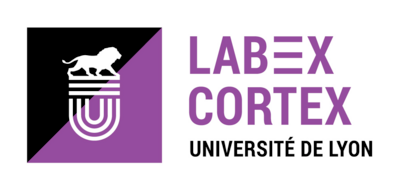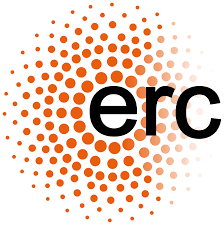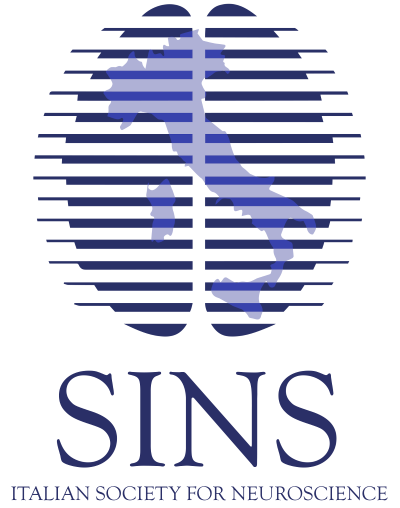COMPARATIVE NEUROBIOLOGY OF HIGHER COGNITIVE FUNCTIONS
September 09-14, 2022
Erice, Sicily, ITALY
Workshop Organizers

Luca Bonini (Università di Parma - Italy)
Aldo Genovesio (Università di Roma "La Sapienza" - Italy)
Pier Francesco Ferrari (Institut des Sciences Cognitives "Marc Jeannerod" - Lyon - France)
Purpose of the Workshop

The purpose of the Workshop is to highlight new perspectives on the brain mechanisms underlying higher cognitive processes in different species and to explore the possible homologous and analogous evolutionary trends responsible for solving similar problems in different, species-specific environments. The search for functional explanations of behaviors or cognitive processes necessarily requires an understanding of the core mechanisms of neural processing and the underlying anatomical variations among species. The traditional use of a limited number of animal models and of standard experimental paradigms with little ecological validity led some neuroscientists to narrow the interpretation of brain mechanisms and networks to a limited number of functions, overlooking the basic evolutionary concept that a single trait rarely serves a single function. Indeed, variations among species are critical for any trait evolution, rendering crucial to understand how different species adapted to different ecological niches to find solutions to specific problems and how such adjustments affected the evolution of brain circuits and functions. For example, the possibility for some animals to perform 3D rather than planar navigation allowed to identify new animal models (e.g. bats) to investigate the mechanisms involved in the brain navigational system. Furthermore, gestural or vocal communication systems characterizing different species (e.g. primates, birds, etc.) might have exploited some common neurobiological mechanisms as an evolutionary convergence to solve similar problems, despite the use of different codes. In this workshop, we aim at fostering interdisciplinary exchanges between scholars, students and researchers from different fields of sciences - particularly Neuroscience, Ethology and Psychology - in order to offer a comparative analysis of fundamental neurobiological processes involved in social and spatial cognition, vocal and gestural communication, decision-making, learning and memory. By bringing together leading figures in science working with different species, from invertebrates to vertebrates including humans, we will outline an interdisciplinary approach to the understanding of basic mechanisms of brain organization and functioning in a comparative perspective.


